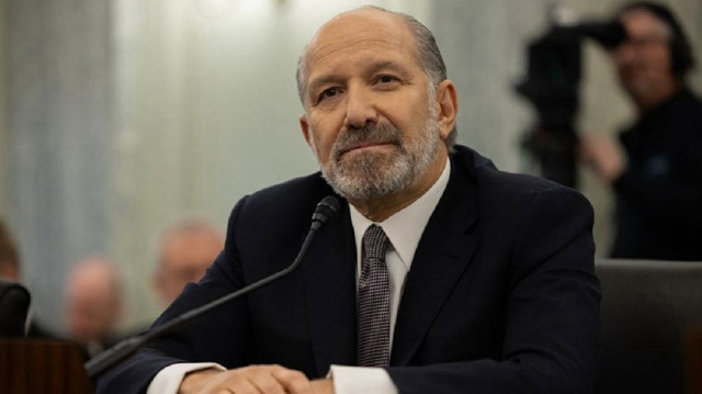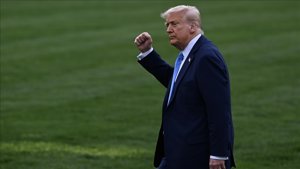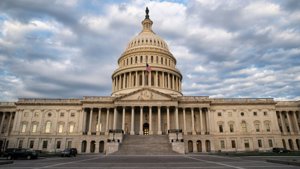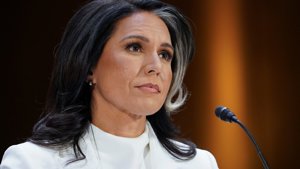
Lutnick Confirms April 9 Tariffs
United States Commerce Secretary Howard Lutnick confirmed on Sunday that President Donald Trump’s reciprocal tariffs will officially take effect on April 9, signaling a firm stance on restructuring global trade relations.
In an interview, Lutnick made clear that there would be no postponement of the implementation. “There is no postponing. They [the tariffs] are definitely going to stay in place for days and weeks. The president needs to reset global trade. Everybody has a trade surplus and we have a trade deficit. We are paying away our future,” he said.
The announcement reinforces the administration’s position that the U.S. must correct long-standing imbalances in international trade. The tariffs are part of a broader effort to address the country’s trade deficit, which Trump and his economic team have frequently cited as a threat to U.S. economic security and sustainability.
Lutnick’s remarks follow earlier comments from U.S. National Economic Council Director Kevin Hassett, who revealed that more than 50 countries have contacted the White House in response to the new trade measures. These outreach efforts suggest widespread concern and active engagement by global trading partners as they seek clarification or exemptions.
President Trump’s administration has described the tariff policy as a necessary “reset” to ensure fairness in global trade. Officials argue that many nations have benefited from imbalanced agreements that disadvantage U.S. workers and industries. By enforcing reciprocal tariffs, the administration hopes to level the playing field and compel other countries to negotiate revised trade terms.
The rollout of the tariffs on April 9 is expected to impact a range of sectors and could trigger further negotiations or retaliatory measures from other nations. Nevertheless, the administration maintains that short-term disruptions are justified by the long-term goal of economic realignment.
As the countdown to April 9 continues, all eyes will be on how U.S. trading partners respond and whether these measures lead to substantive changes in global trade dynamics.






